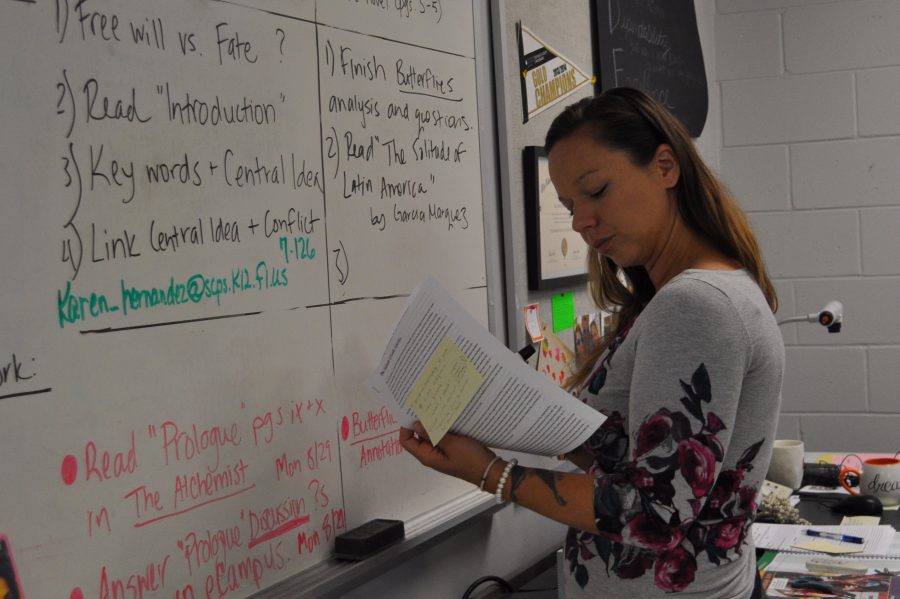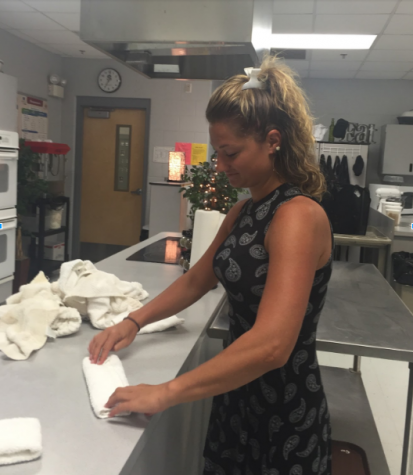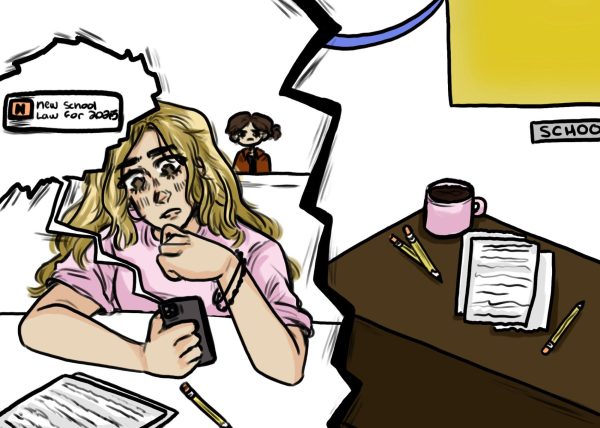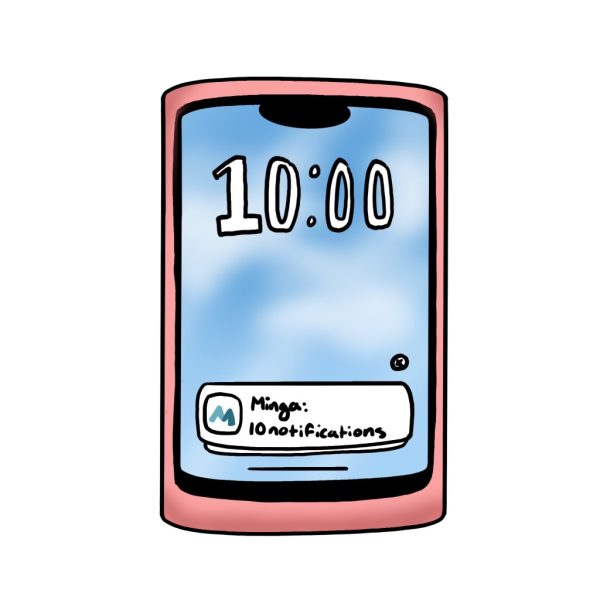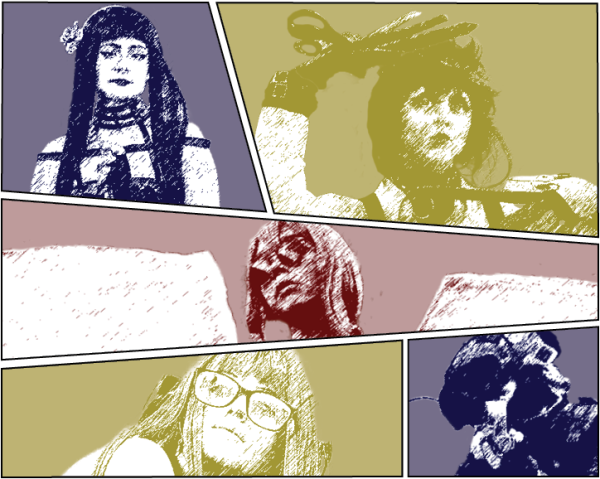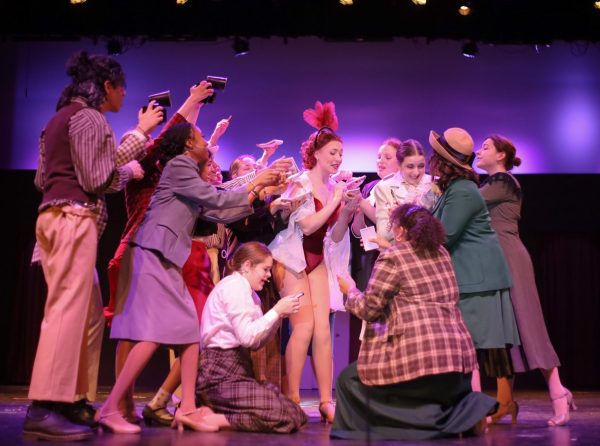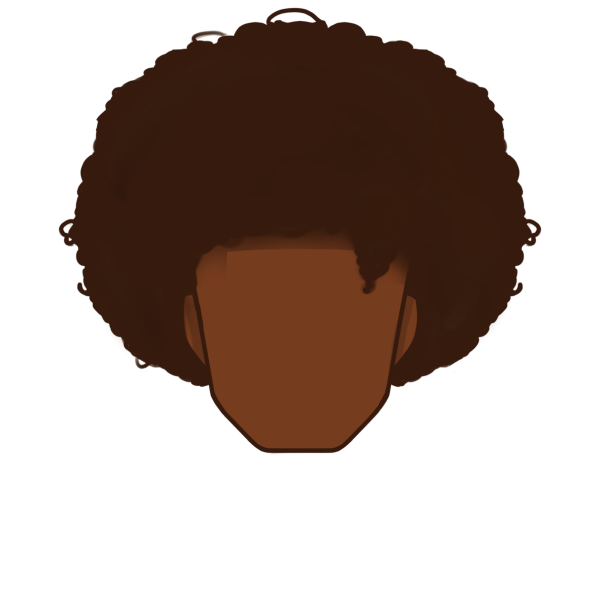The English experiment
English teacher applies college teaching methods
photo by Ahilyn Aguilar
English teacher Lindsey Jackson writes the agenda for her honors classes. Every morning before school starts, Jackson organizes and makes sure all of the materials needed for class are accessible for her students.
Online discussions after reading, editing your peer’s posts and getting online edits from your teacher does not sound like your typical English class, but, for teacher Lindsey Jackson, these methods are used every week as her way to improve her students’ learning.
“Mrs. Jackson was highly recommended to our school. She is dynamic in her classroom and knowledgeable of her content area,” assistant principal Gisela Cotto said.
After teaching at Timber Creek in 2014, Jackson decided to attend the UCF as a graduate teacher’s assistant to complete her masters degree. As a graduate student, Jackson got to do curriculum design, where she created her own lessons, graded student work and taught three classes.
During this year, Jackson learned how to use strategies such as online discussions, essay group editing techniques and online feedback to help students learn better. After completing her masters degree, Jackson went from teaching classes such as Child and Adolescent Development for Educators to teaching 10th grade English Literature in high school.
This change did not stop Jackson from using her college strategies with her high school students.
“It was kind of coming home, but with all kinds of goodies from my experience teaching with college professors,” Jackson said.
Jackson uses the internet to interact with her students and improve their learning abilities. She starts by making students read a book chapter, then she assigns an online discussion on Canvas, a site where students get to discuss what they read and post their opinions. After it, students must comment on each other’s posts, editing it and checking their work.
This method allows her students to work at their own pace, letting them analyze and think more thoroughly about their answers without being rushed.
“I found that I could use Canvas to give more one-on-one feedback to each student to help work with them at their own level and pace,” Jackson said.
Group work is also a method that Jackson uses to help her students. Throughout her class, students get to work together on every assignment by discussing and sharing their answers. This allows Jackson to challenge her students, making them work as a group in order to accomplish the task together.
“Working in groups not only allows us to understand the content better but it also helps us to meet new people,” sophomore Ann Truong said.
Because English class can be challenging for some students, finding different ways to assess them is key to a balanced learning environment. Jackson tries to find the right combination to teach her students by considering factors such as mood, motivation and self-understanding.
“Language can be so fickle, to some people it’s foreign and uncomfortable, to others, it’s accessible and it’s art,” Jackson said. “For me [teaching] is like a science experiment.”
Why did you decide to teach?
Jenna Vanek Culinary teacher
“I’ve been a culinary teacher for five years; I was going to be a math teacher but when I got to junior year of college, I found out we had Family Consumer Science Education, and I realized it was everything I loved: nutrition, cooking, sewing and fashion, so I decided to switch and I’ve been a culinary teacher ever since.”
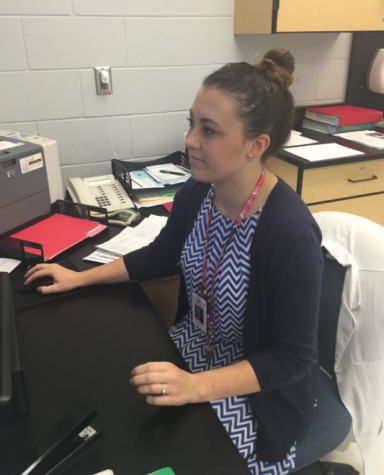
Alyse Saunders Chemistry teacher
“I developed a passion for teaching while I was completing my undergraduate degree at UCF in Molecular and Microbiology, and held several on-campus jobs all relating to teaching, tutoring, and mentoring in some capacity. After I graduated, I decided to pursue a Masters of Arts in Teaching. I knew I wanted to teach science because it is such an exciting, innovative and changing field. I chose Chemistry because it was my favorite subject in undergrad and all my electives were chemistry focused.”
Your donation will support the student journalists of Hagerty High School. Your contribution helps us publish six issues of the BluePrint and cover our annual website hosting costs. Thank you so much!

